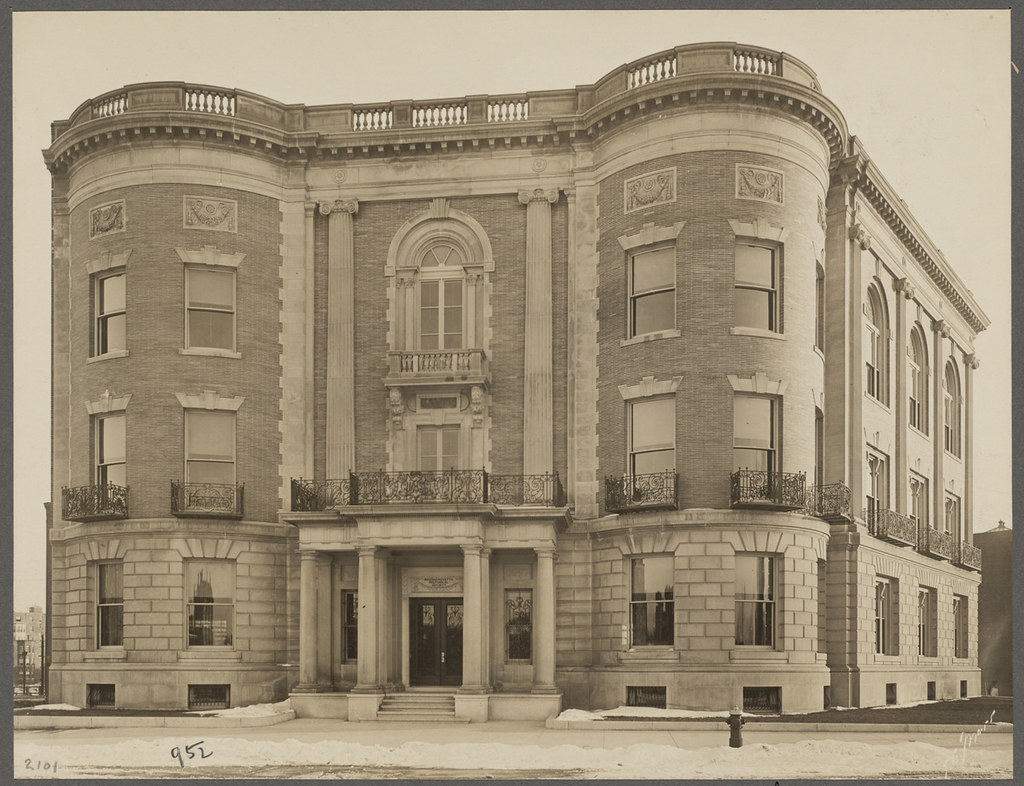Tropy is designed to help researchers organize and describe the photos they take in archives. It is intended to be one piece of a researcher’s workflow that starts with locating and viewing archival material in the archives. Because Tropy is dependent on archival material, we partnered with several archives and libraries to gain their feedback about the research process from their perspective. We also enlisted their help in doing some user testing for us, both on the concept and on the beta version of Tropy.
In summer 2016, we took a basic mockup of Tropy to four institutions for concept testing: the National Archives and Records Administration; the Folger Shakespeare Library; the University of Georgia Libraries; and the American Antiquarian Society. At each location, we gave a brief presentation about Tropy to interested staff and then had four users walk through the workflow of Tropy with us. These users provided valuable feedback about how their workflows differed from the Tropy team’s process. We also sat down with staff from each institution to talk about metadata. Tropy is meant to encourage researchers to collect and use metadata responsibly, so we wanted to hear from archivists and librarians about how to take advantage of the work that they have already done with metadata.

In the early summer, Tropy is hitting the road again. After our public beta release, we’ll be taking Tropy back to our four partners, plus adding six more institutions, to do some more intensive user testing. In total, our ten partners are these institutions:
- American Antiquarian Society
- Bodleian Library at Oxford University
- Cornell University Library
- Folger Shakespeare Library
- Library of Virginia
- Massachusetts Historical Society
- National Archives and Records Administration
- National Library of Medicine
- University of Georgia Libraries
- United States Naval Academy Museum and Library
At our visits this summer, we’ll be opening up our discussions to a wider audience. We’re interested in showing Tropy to and hearing from researchers who use these collections, as well as the institutional staffs. We’ll also be looking for user testers who are researchers, so if you do research at one of these institutions and are interested in helping us, stay tuned!